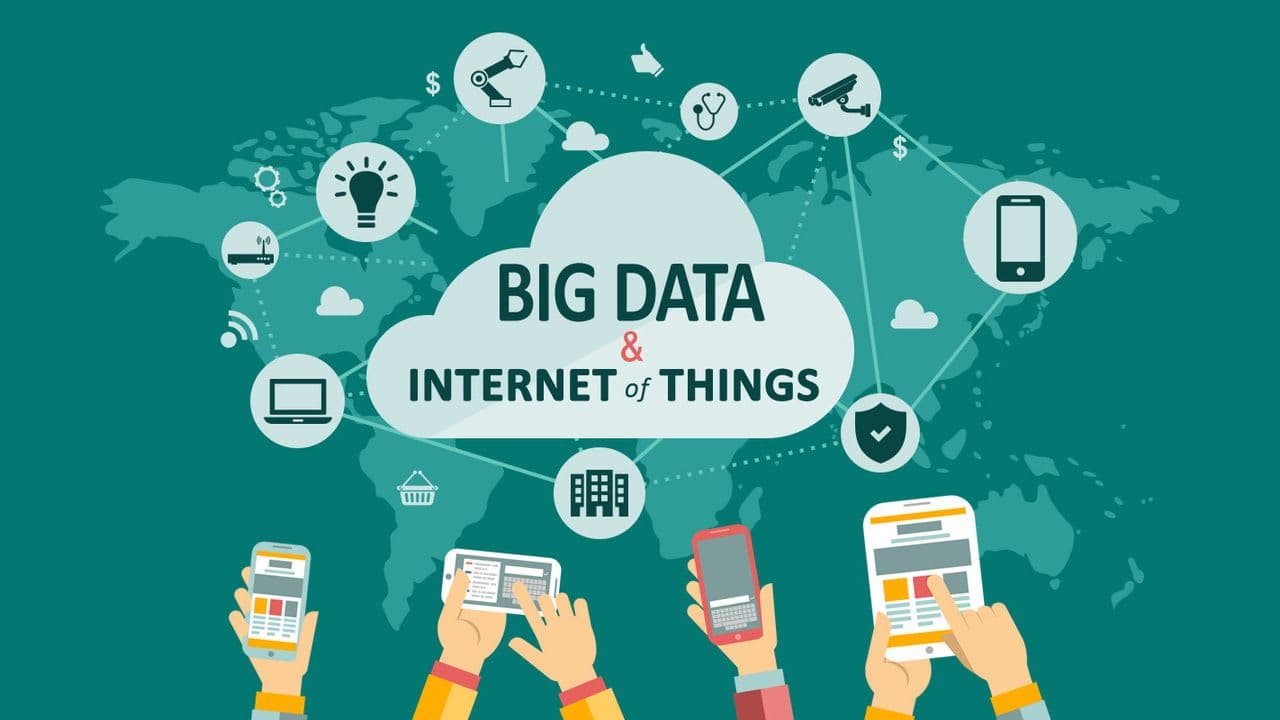How is IoT Related to Big Data Analytics?
A Big Data Roadmap for Government and Business
TechAmerica Foundation’s Big Data Commission recently released its long-awaited report, “Demystifying Big Data: A Practical Guide to Transforming the Business of Government.” It offers a comprehensive roadmap for the use of Big Data by the Federal government and a set of policy recommendations and practical steps agencies can take to get started on Big Data initiatives.
Bill Perlowitz, Vice-Chair of the Commission and vice president and chief technology officer at Wyle said this about the significance of the report: “It heralds the understanding that data is as important to the U.S. economy as agricultural products and capital goods, and provides the industry-tested roadmap to improve Government performance while stimulating billions of dollars of economic activity.”
The ground-breaking McKinsey Global Institute’s big data report published in May 2011 estimated that “in the developed economies of Europe, government administrators could save more than €100 billion ($149 billion) in operational efficiency improvements alone by using big data, not including using big data to reduce fraud and errors and boost the collection of tax revenues.” Hoping to see similar or even more impressive efficiencies gained and innovative practices deployed in the U.S., the White House and six Federal departments and agencies announced last March a “Big Data Research and Development Initiative” with more than $200 million in “new commitments that, together, promise to greatly improve the tools and techniques needed to access, organize, and glean discoveries from huge volumes of digital data.”
The TechAmerica report is moving the discussion (and presumably the time-to-successful–deployment) forward by focusing on needs and practical applications rather than technologies and research. It draws an interesting analogy with the late 1990s buzz about how “eBusiness” was going to change the world, only to fade away as a topic of discussion around 2005. Yet, the Commission argues, “It is clear that effective organizations [today] operate on fundamental principles wholly consistent with the term.” The organizations that successfully harnessed the power of eBusiness, the report says, “started with their operational challenges and requirements first, and asked ‘How can the Internet help?’ versus driving immediately into the technology.” I would add that it is because of the success of eBusiness (and the increased deployment of eGovernment) that today we see, as the report states, a “rapid acceleration in the expanding volume of high velocity, complex, and diverse types of data.”
The heart of the report (for me) are ten cases studies of successful implementations of big data practices in the public sector in the U.S. (including the IRS, the National Archives and Records Administration and NASA), Sweden, Denmark, and Canada. In addition to focusing first on “burning requirements,” not technology, the lessons the Commission learned from these case studies are that the journey to Big Data will be (should be?) “iterative and cyclical versus revolutionary,” and that successful initiatives start small, with a pilot project, but with a broad vision that allows for smooth expansion into new applications. Sounds to me like great advice not just for the public sector but also for corporations and their CIOs looking to jump into the Big Data pool.
The report further recommends that Federal agencies augment current IT investments rather than build entirely new Big Data infrastructures; collaborate with other agencies by sharing data and best-practices and name a single official both across government and within each agency to bring focus and discipline to Big Data activities; develop applications for key government priorities; and invest in skill-building initiatives for the federal workforce in the area of Big Data.
Again, this could be sound advice for the private sector as well: Evolve your IT infrastructure rather than create a new data silo; encourage coordination of Big Data activities across the business and appoint a Chief Data Officer; define your data-rich business priorities and opportunities and focus on them first; and invest in training your IT staff in data science skills to provide new career opportunities and expand the range of activities where IT can contribute to the business.
The hype and exaggerated claims about Big Data may die down in a couple of years, similar to what happened with “eBusiness.” But the TechAmerica report confidently says “Ten years from now, we may have forgotten the term, but its principles will underpin society.” I agree, up to a point. I’m not sure we will see Big Data “underpin society,” but the principles underlying data-driven decisions will survive, and hopefully, thrive by 2022.

